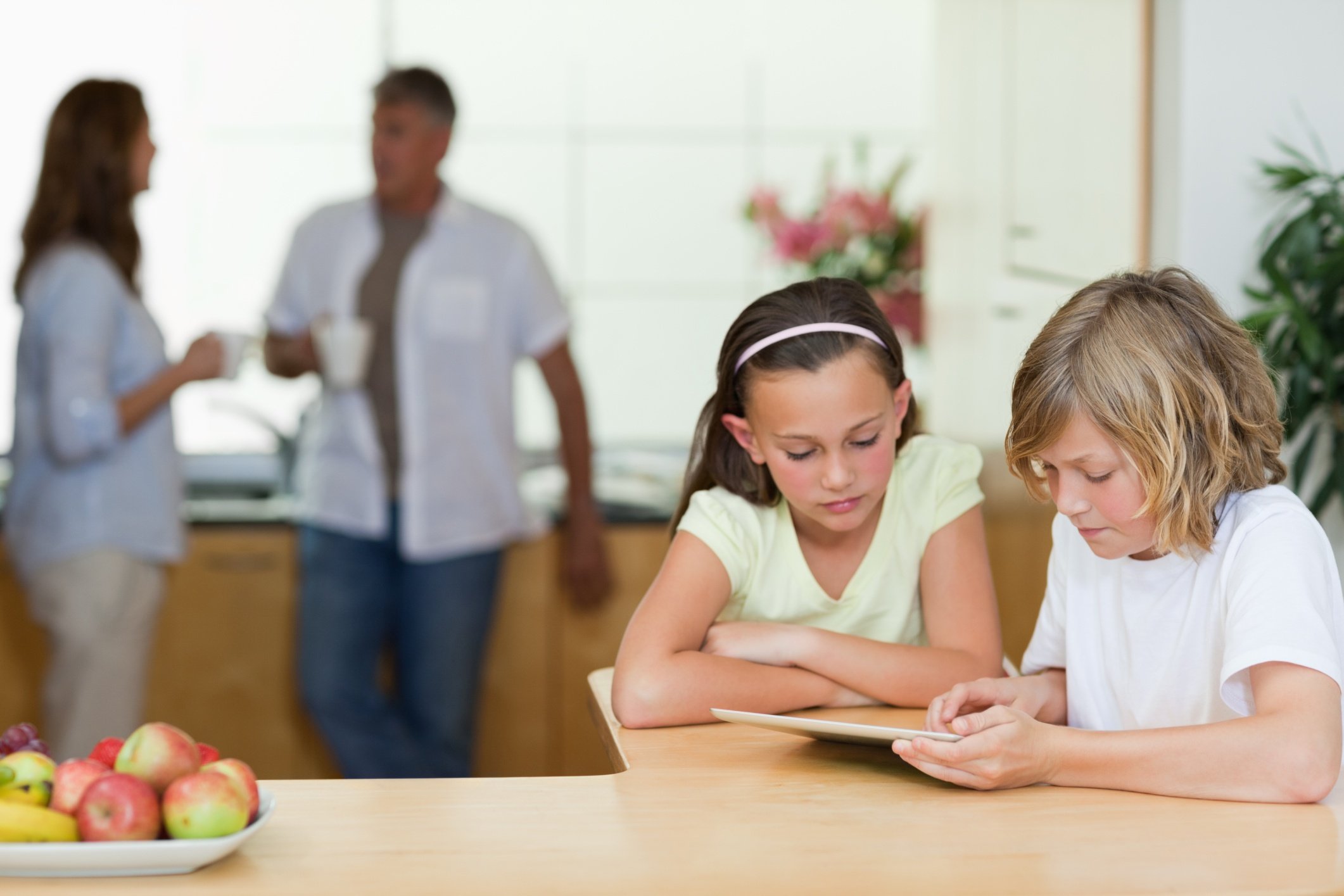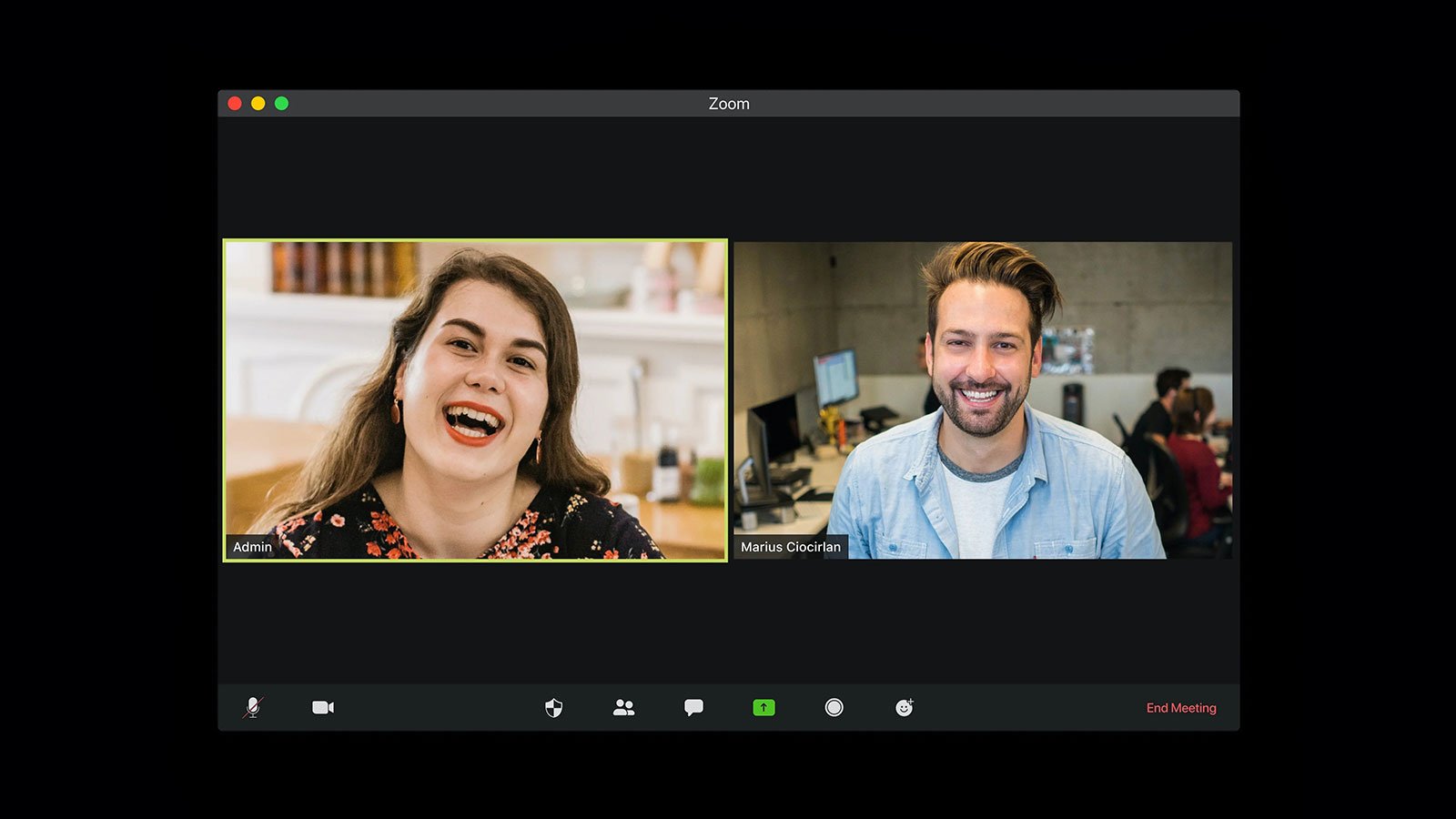Screen Time. Your Kids. Staying Sane.

Digital media and electronics have become an increasingly unavoidable part of our children’s lives. From videos for babies to social media accounts that kids open as early as 10 years old, digital devices are now a part of every step in the childhood experience. Here at Torchlight, we discuss this topic with our experts frequently, both for our clients’ sake, as well as for our own as parents!
Recent studies show that children over the age of six spend an average of 45 hours per week consuming digital media of some sort (such as playing video games, watching TV, or texting). And yet, most experts agree that limiting a child’s daily screen time is essential for good health and proper development.
How much screen time? How to enforce?
In October 2016, the American Academy of Pediatrics (AAP) released a revised set of recommendations for parents regarding daily electronics use and screen time for children. The AAP urges parents to develop their own limits, as well as a media plan that works for the entire family. Overall, limiting screen time, maintaining screen free social time and having open lines of communication around such is critical throughout a child’s youth.

What is a Family Media Plan?
By creating a personalized Family Media Plan, you can determine how you want your family using media to achieve to best support the family unit. This requires parents & kids to think about what they want those purposes to be together.
1. Define what “screen time” is for your family. Consider the following questions, all of which can be a common source of argument between parents and children:
- Does online homework constitute screen time? Given that your child doesn’t choose it, s/he would likely say that does not, even if you do. What about games, apps, or videos with educational content?
- What if your child is in front of a screen, but engaged in something interactive or creative, such as “film-making,” coding, or photography? Is that screen time? Or is it art?
- If your teen is reading the news on a tablet, is that considered screen time? Or is it reading?
- Is texting screen time? If so, how can one measure this if it takes place in short (but frequent) bursts throughout the day?
Unfortunately, these types of questions don’t often have simple answers. It’s important, however, to think about them and determine what the concept of screen time is going to mean to you and your family.
2. Set clear rules and limits – Once you’ve determined what qualifies as “screen time,” begin setting clear household rules regarding the amount of time that is allowed. Then, stick to these rules! Be prepared – your child will probably try to rationalize his or her way out of these rules often!
3. Don’t be afraid to use the parental controls – If you find that your child has a hard time sticking to household rules about electronics, consider using an app designed to help control kids’ activity on their mobile devices. Everyone needs some backup sometimes!
4. Be a role model– Children learn more from what we do than what we say! These days, it’s incredibly easy for parents to not be “present” for their kids due to their own electronics, which is impacting our kids’ social interaction skills. Whether you’re tempted to send a few quick emails from the park, scroll through your social media feed at breakfast or do work during family movie night, resist!
5. Consider limiting electronics to common area – Consider keeping laptops, TVs, personal computers, and mobile devices in common living areas and making your child’s bedroom an electronics-free zone.

Be sane. Be yourself!
Most importantly, for your children’s sake as well as your own sanity, don’t overthink this! A Family Media Plan is meant to help facilitate a happier family dynamic – not to make everyone in the family miserable. If your child played a videogame for an hour after school, then did some math problems online…. but you were really looking forward to family movie night, go ahead and watch the movie. What happens on any individual day isn’t nearly important as having balance over the long haul.



